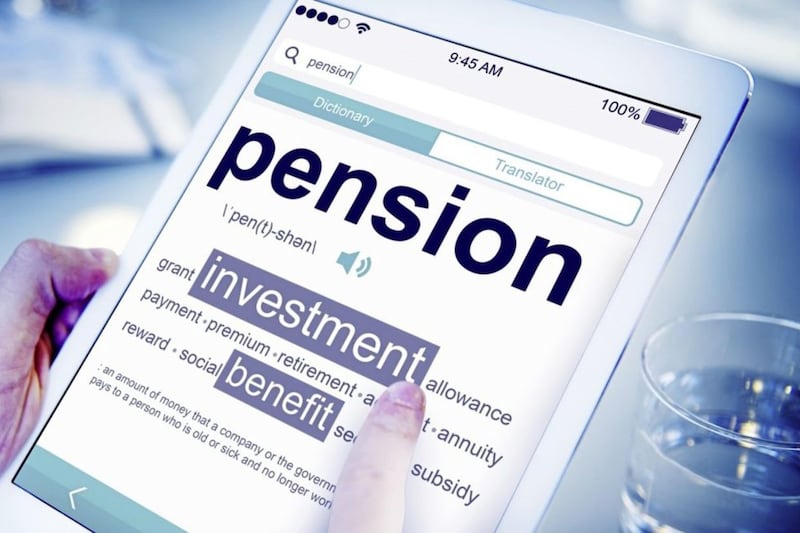The Chancellor George Osborne announced on Saturday that he won’t be touching tax relief on pensions in the budget.
This is already being seen as a ruse to keep the public on his party’s side for the upcoming referendum on Europe.
It’s not being seen as a cancellation of his plans for tax relief, merely a postponement, and as a result a close look at his current thinking is still quite valid.
Some news commentators pointed out that Mr. Osborne’s underlying thinking on pensions tax relief is well-known, and his previous plans for this month had already been leaked and discussed in a number of trusted publications. It may be just a ‘delay’, not a ‘gone away’.
One of these ‘trusted publications’ would be the Financial Times.
Lately, the FT and other reputable sources have been saying that the Chancellor was planning to replace the current levels of tax relief with a flat rate of between 25 per cent and 33 per cent for everyone.
Great news for basic rate taxpayers paying 20 per cent, those with taxable income of up to £31,785 who, taking their tax-free allowance into account, are currently earning up to £42,385.
Bad news, however, for those earning more than this, and who currently enjoy tax relief in keeping with their marginal rate of 40 per cent.
Now, I would emphasise that this is speculation on the part of the FT and other sources.
But while the above is regarded as this month’s likely scenario, it is not the only one.
With George Osborne, there’s never just one possibility on (or near) the table these days, as far as tax and pensions are concerned.
Let’s look at another possible option he might be considering.
The other school of thought says that the Chancellor might be intending in the longer term, to go the other way, by scrapping the notion of up-front tax relief entirely, taxing pension contributions, but providing tax-free withdrawals at the end.
This is what people mean when they talk of pensions that look more like Isas, where our income is taxed before we put it in, but it can grow and be withdrawn tax-free, later on.
To look at the background to this, we have to rewind to 2014, when the proposal to scrap restrictions on drawdown from our pensions was first announced (and subsequently took effect in April 2015).
Pension savers rejoiced in the streets at the thought of having almost total freedom to do what they liked with their pension savings.
The sound of party poppers and champagne corks all but drowned out the small voice of Michael Johnson, a research fellow at the Centre for Policy Studies in London.
Johnson put his hand up from the back of the class and pointed out that ending the requirement to buy a pensions annuity, and the other freedoms as well, could be – to steal the football metaphor – ‘a game with two halves’ for pension savers. And in this game, savers might not fare so well in the second half.
Johnson said, quite rightly, that the new freedoms amounted to the removal of the requirement to use your pension as an income for retirement. He said this was a ‘dealbreaker’ that could justify government re-examining the whole concept of tax relief on pension saving.
Tax relief was, after all, an incentive, a ‘carrot’ to get us saving to support ourselves towards the end of our lives. Removing that requirement meant, according to Johnson, that tax relief on contributions became hard to justify.
In reference to the previous requirement to buy a pensions annuity, he said: “That’s gone, and the pensions tax relief system is no longer justifiable. The bargain has been broken.”
If Osborne’s news next week on March 16 is indeed a proposal to scrap tax relief on pension contributions altogether, it would bring to an end the totally tax-free nature of the savings that make up the lump sum we can withdraw from our pensions.
It would be the death knell for the only way the broad mass of savers can save truly free of tax.
Think about it.
Currently, our contributions are tax-free, as they come from our income before it is taxed; growth of that money within our pensions is also tax-free; and the money in the 25 per cent lump sum is tax-free. So the lump sum avoids tax at the three key points where taxation would be possible.
If up-front tax relief goes, the totally tax-free nature of the lump sum is compromised, as the money in the lump sum would have been taxed - on the way in.
It will be interesting to see what happens, when the referee blows his whistle to start the second half, as and when George comes back to resume is close look at pensions.
:: Michael Kennedy is an independent financial adviser and pensions specialist, and can be contacted on 028 71886005








